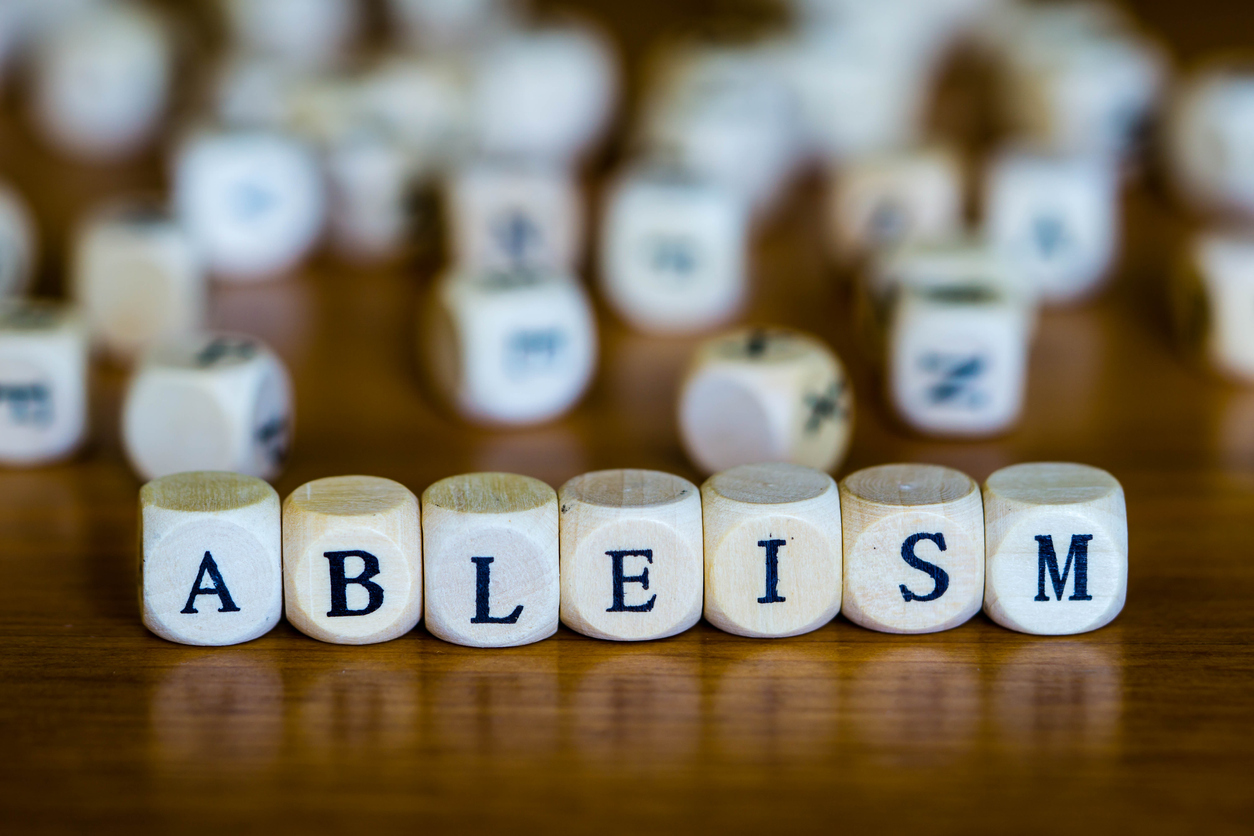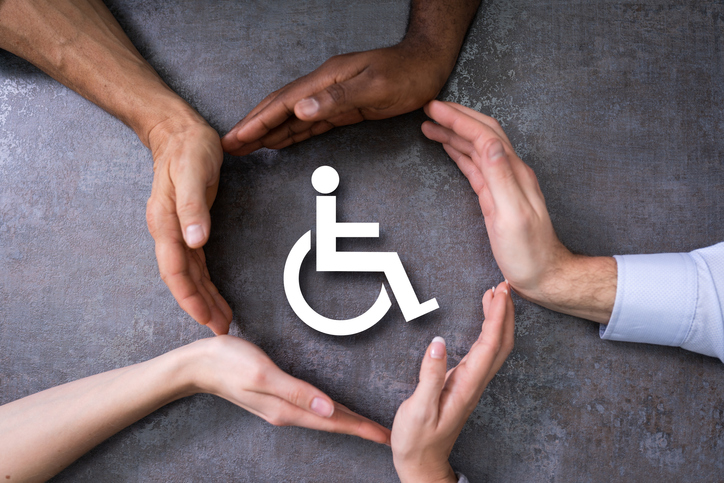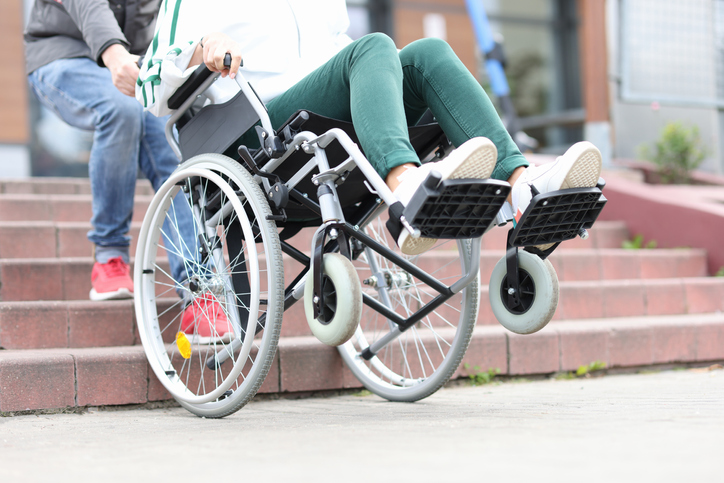Living with Chronic Pain
5 Tips for Dealing with Ableism

What is ableism?
Ableism is a set of beliefs that favors able-bodied individuals and discriminates against disabled individuals. Ableists may treat those with chronic pain or other disabilities differently, and often negatively.
Although ableism may not be intentional, many people with disabilities are treated as unequal. Since ableism includes a wide range of words, beliefs, attitudes and behaviors, it may be difficult to recognize.
Negative effects of ableism
Ableism can have several negative effects on those experiencing it, including emotional pain or frustration. They may begin to internalize ableist comments, which can lead to anxiety, depression, chronic stress, or isolation. Oftentimes, difficulty participating in daily activities occurs due to a lack of accommodations. When ableism is systemic, employment may be difficult to find, healthcare may not be equally accessed, or income may be lower.
5 tips for dealing with ableism
Five tips for dealing with ableism include, but are not limited to, the following:
- Document ableism when it occurs. If ableism occurs at school, workplace, medical facility, etc., you should document the ableist language or behavior. This includes making a note with the date, time, and person involved. You should also save emails if accommodations are denied, or record the audio of a conversation in which ableism is present. This documentation is important if legal or administrative actions need to be taken.
- Report ableism when possible. Although uncomfortable, someone, such as a coworker or fellow student, should be reported if they display ableism. Staying quiet and pretending it didn't happen sends a message that it is okay. Regardless of the consequences, reporting ableism can help correct the behavior.
- Ask people to stop using ableist language. When someone uses a term that encourages ableism and stigma, they should be informed. Perhaps they are unintentionally discriminating. Certain terms, (e.g., crazy, psycho, moron, etc.), or phrases, (e.g., I have OCD when I clean, the weather is bipolar, etc.) are examples of ableist language. Referring to individuals without disabilities as “normal” is also ableist.
- Redirect ableist behaviors. Ableism may be experienced when someone assumes you cannot do something for yourself. In these cases, you should thank the person for the offer, but assure them that you are fully capable of completing the task. Other examples of ableist behavior include touching you or devices you use without permission, asking intrusive questions, and praising you for completing everyday tasks. These behaviors should be redirected when possible.
- Talk to a mental health professional. If ableism is affecting your mental well-being, do not be afraid to ask a counselor or psychologist for help. They can help you develop skills and strategies to support your mental health when enduring ableism.
Additional source: Perkins School for the Blind

















